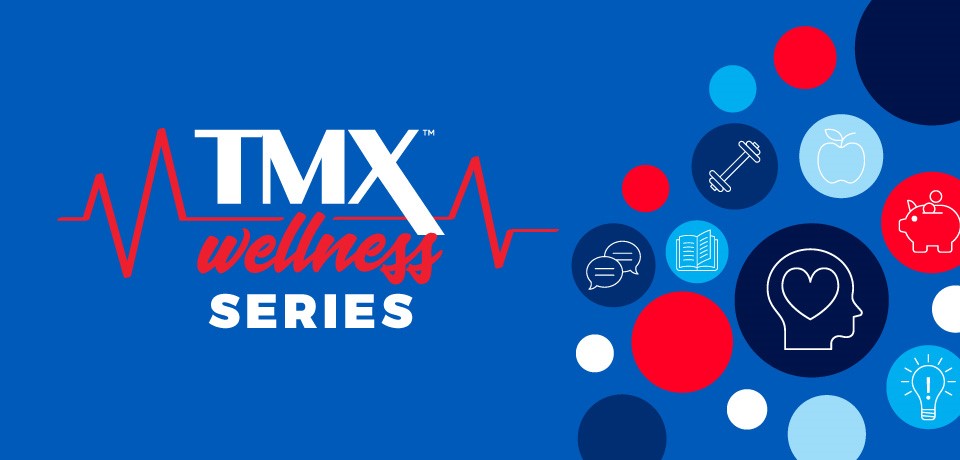Do you think about your future? Bucket list vacations? New cars? College tuition? Does it excite you or scare you? Having a financial strategy should excite you, but unfortunately, it scares most people. When people ask me about how to start, they are surprised with my answer – Discipline. You have discipline at work, with your family, but many people find it hard to have discipline with their finances. I am here to take the “scary” out of Financial Wellness. The following are some tips to get you started on your journey.
Plan and set Budget goals: Write your goals down. Put them in your office so when you are paying bills, you remind yourself of the bigger picture. Budgeting is a tool to help you plan your money for the things you need and the things you want. Following your budget keeps you out of debt or helps you work your way out of debt. Following a budget also helps you track where you are spending your money. I remember the first time my daughter did this in college, and she was surprised where she spent her money (I wasn’t!). A good rule of thumb is about 50% of your income should be spent on your basic needs and 30% should be spent on wants. Is yours? If not, you have the power to change that by making a new plan. Your budget is all about you and your needs.
Separate bank accounts for expenses: To keep it simple, separate your expenses into two categories. Bills and Variable (or Unpredictable). Bills consist of your car payment, rent (or mortgage), utilities, internet, etc. Variable is another word for unpredictable expenses such as fuel, groceries, prescriptions, etc. Set up one account for bills and one account for Variable expenses. Do not link these two accounts. Set your bills up on auto-draft. This way they will always be paid on-time and stress-free. Then, pay yourself an allowance for Variable expenses. No, you are not too old for an allowance. But this is a great way to manage a smaller amount of money so you can see where you are spending your hard-earned money.
Save: Ideally, 20% of your income should go to savings. Don’t have that much right now? No problem put something there to start a healthy finance habit. Be a good steward of your money. Ask yourself, are there any Variable expenses I can reduce or stop doing and put that money towards savings?
Monitor your credit score: Once a month, monitor your credit score. It is important to know how your purchasing behavior positively or negatively impacts your score. Is something not right? Is something weighing it down? Do not ignore it. Seek advice on how to address these items quickly before you need your credit score for a house or car. Fortunately, there are plenty of free online sites that will allow you to monitor this score. Your bank may offer a free monitoring system. Look into this and take them up on their offers.
Having a strong and consistent financial strategy is important. It is a life-long topic, so start now. Be patient with yourself. Maximizing financial wellness is not an overnight process. Experts say it takes 30 days to make or break a habit. So, focus on the first 30 days, then focus on 30 more. Give yourself time to learn and execute these simple tips. Much like any other wellness routine, with a little discipline and patience you will be on your way to achieving Financial Wellness.
